Mr Yaroslav, when assessing and analysing this photo, this situation, to what extent can we use our previous historical experience here?
There are several starting points. The oldest and most interesting for me is 1917, Russia, Lenin. A one man show, a show of one man who changes the whole world. Only if Lenin thought of a global revolution, Trump thinks of a global counter-revolution. And he is succeeding - he is breaking the world order. We have not had a situation for a long time when one person would break the entire world order like this.
If we talk about the realities of modern warfare, I would say that we are now somewhere in 1938. We are very close to a world war, it has not started, fortunately, but it can start. The question is whether we will continue to move towards 1939 or, on the contrary, slowly slide back to the thirties, reducing the threat.
The situation is very bad: Trump is breaking the world order, and not for the better.
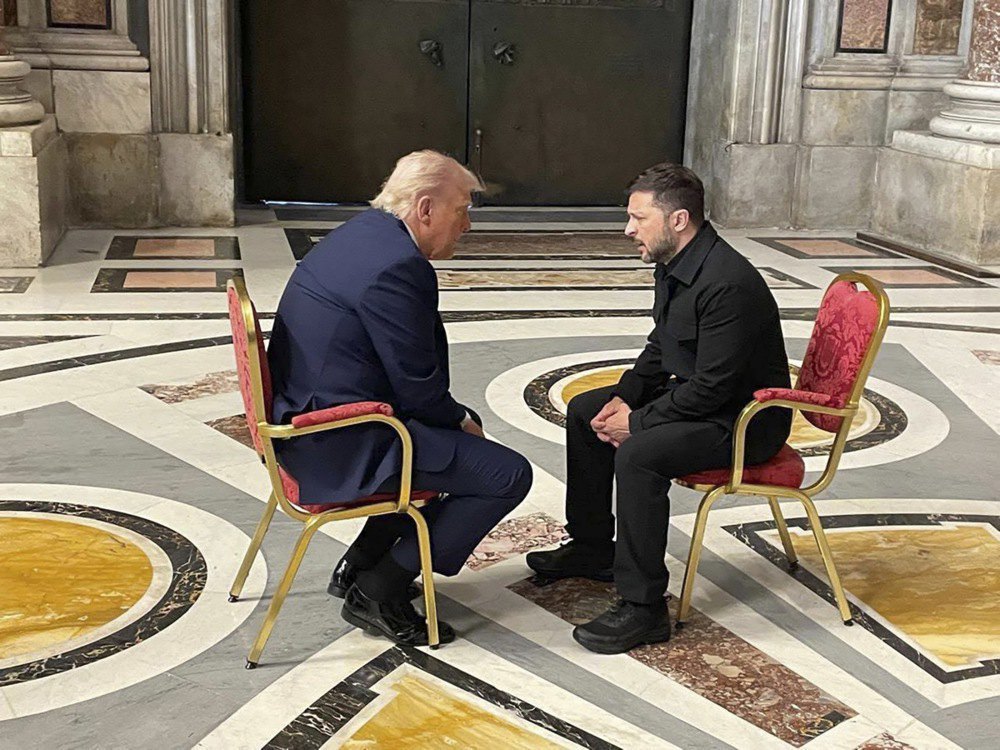
The other day, in a conversation with one of our chartered officers, I also heard a thesis that surprised me: that Trump is a revolutionary. You say a counter-revolutionary. Anyway, a person who is trying to change the existing order on his own. Those who supported Trump or were neutral towards him thought that he was a man of the system, of big business, and would not break anything. And then there are these revolutionary or counter-revolutionary trends and schemes. Was there something we didn't see, or was it inherent from the beginning?
We took Trump rather lightly and underestimated him. We thought it would be the Trump of 2016, but this is a completely different Trump. He has prepared, he has a programme for the first 100 days, a Heritage 2025 strategy. He has a team, it is strong and young. And the problem is not so much Trump as Trumpism. Even if Trump loses, there will still be a leader, the same JD Vance. We have a problem with a long-term trend, you know - Lenin and the Bolsheviks. Lenin was not a Bolshevik himself when he had his own team, the Union of Marxism. Here we have something similar, only anti. It's a counter-revolution, a return to the old industrial way, where workers will work in factories again, wages will rise, and so on.
The comparison you make, comparing Trump's team to Lenin's team, is incredibly unexpected, but there is one big generational difference. Lenin's team and entourage was a team of Bolsheviks who had come up through the same path, who had the same political background, the same political career. In fact, there is a huge generational gap in Trump's team: there is him, a couple of advisers more or less his age, and this team of young people. What is the basis of their unity? Is it a temporary alliance?
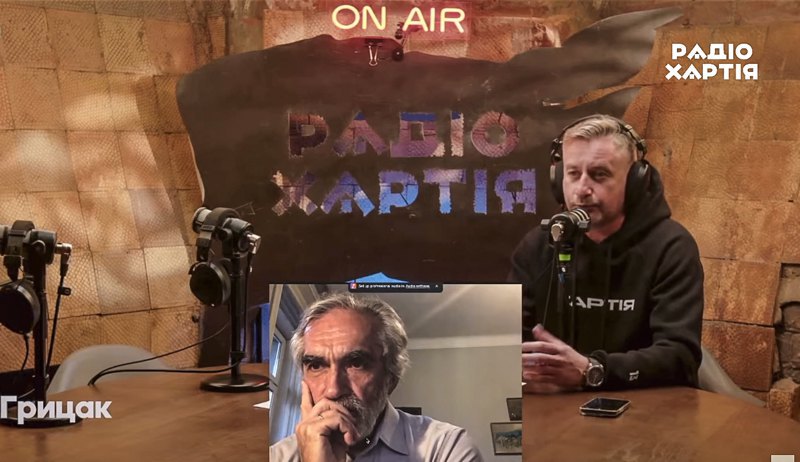
It would be good to ask American political scientists, who know this better, to comment on this, but there are certain parallels. Lenin's nickname was the Old Man. The rest were the younger generation, the generation of revolutionaries. Hrushevskyy looked very old compared to those young Ukrainian revolutionaries who made up the Central Rada.
I think we can find the roots of Trumpism in the 1960s and 1970s. We did not foresee it because we thought that Trump was an accident, that Trump was a businessman who was building Trump power. We did not see this trend, we were too arrogant. We all did not see it: Biden and the biggest analysts. And this is all very serious.
It's not about Lenin, it's about Hitler. I'm not saying that Trump is a fascist. The similarity of ideology here is that it is a counter-revolutionary revolution, a combination of incompatible things, an attempt to turn back the clock.
Does the victory of Trumpism mean that there is a demand for these voluntarist things in American society?
Obviously, otherwise he would not have been elected. But the analogy ends here. Lenin came against the backdrop of a world war. Here, something is different. There is a huge anxiety in American society that it is heading towards impoverishment, that the younger generation will live worse than they did, that jobs are going ‘abroad’, there is a huge anxiety about the future, so the idea of going back in time, of Let's make America great again, is actually emerging.
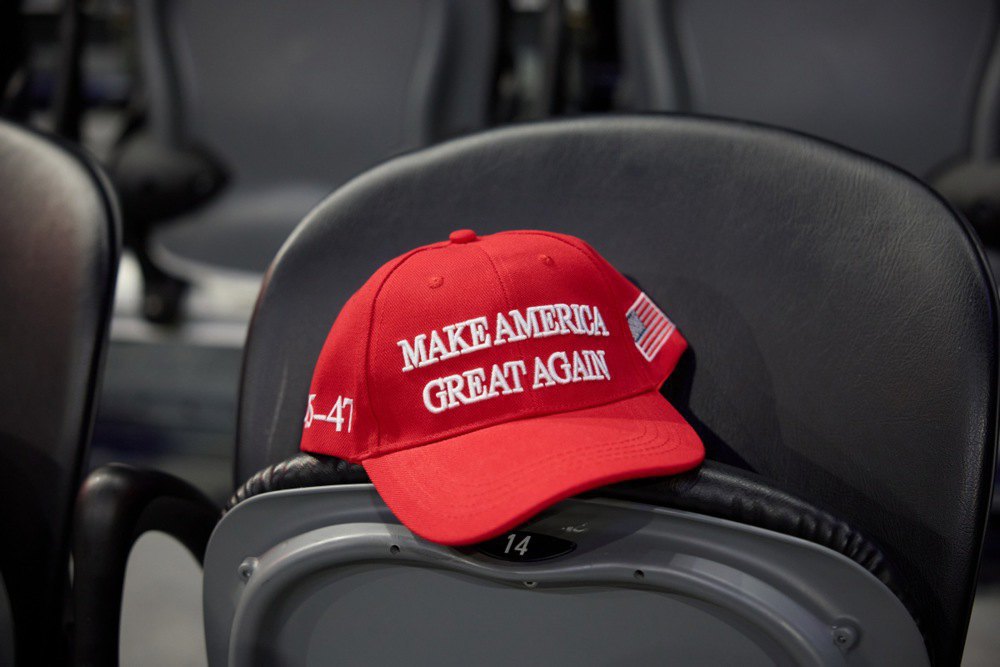
Is there not a certain paradox here, a discrepancy in the expectations of the American voter? On the one hand, they want to return to the old stable times, to what they consider to be their own stability. And on the other hand, there is a reversal in foreign policy that has come as a huge surprise and an unpleasant surprise to the whole world. America has been on a completely different political pole from Russia for the last decades, and suddenly it is relying on Russia as its ally. How acceptable is this to a Trump voter?
We are dealing with a global phenomenon here. Putin is playing the role of the main revolutionary. He hasn't been able to do it, he hasn't had the opportunity to do it, Russia is not a superpower, as we saw in this war, because such a big country cannot ‘punish’ a small country like Ukraine.
But look, the same rhetoric can be heard from Putin — this whole “we can do it again” narrative; the same rhetoric comes from Xi — about the greatness of the Chinese empire. We see it with Erdoğan, with Modi, with Orbán. This is a general trend of populism with a minus sign, which does not look to the future, but looks to the past, offers very simple ways out of a difficult situation, and responds to complex challenges, because we live in an increasingly threatening world. Globalists live on people's fears, particularly American fears.
Is it possible to assume that we are still hostages of the twentieth century, that we can easily be brought back to it? It would seem that after the fall of the Berlin Wall, the defeat of the socialist system, and the Eastern Bloc, humanity seemed to have learnt at least some lessons from the twentieth century, but it turns out that we can easily be drawn back into the confrontation between East and West, and we are entering the Cold War stage again. Does history pull you in and never let go?
We are still living in the twentieth century. We, historians, used to say that the twentieth century was short, it ended with the fall of the Berlin Wall. It was nothing of the sort, there was only a 10-year break, and we are still living in the long twentieth century. We are not leaving it. And one of its key issues is the Ukrainian question, which appeared in 1914, with the First World War, and has not left the agenda.
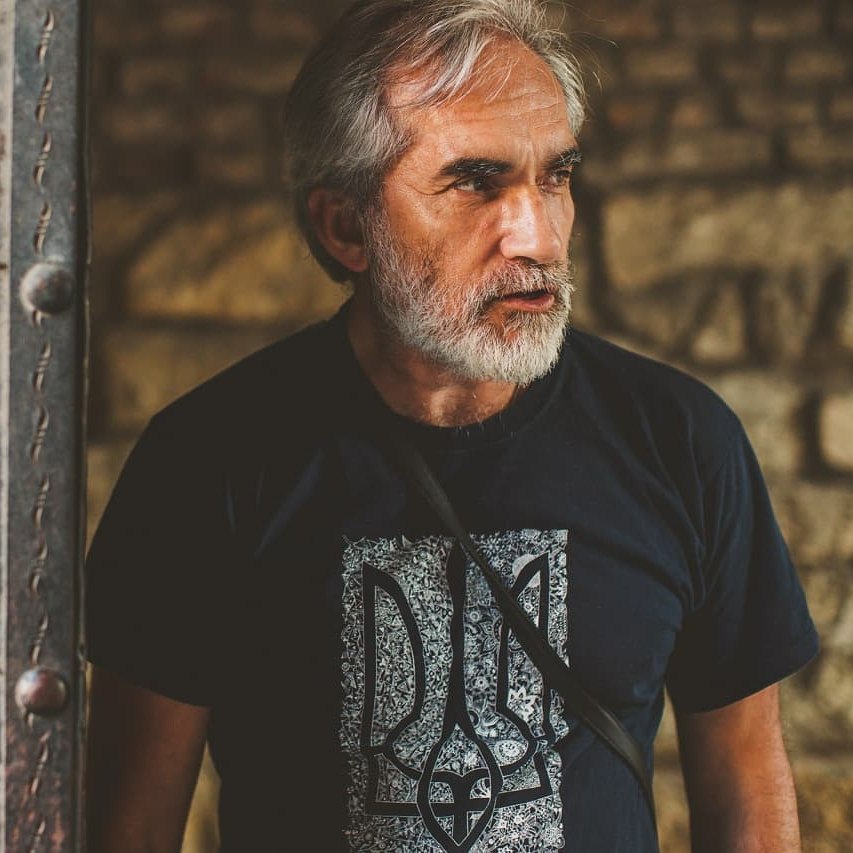
Ukraine was at the heart of both the First and Second World Wars, and this is a terrible parallel that suggests itself, as you said, that we are standing in a conditional 1938, on the eve of a great catastrophe. We want to avoid it, to bypass it, to draw conclusions from what happened. Why does humanity, when it looks back, see some kind of stability, and not the millions of dead that should have been a lesson?
I'll draw a parallel to the end of the nineteenth century, the fin de siecle, of modernism. When we talk about the eve of the First World War, there was the same feeling that it was all impossible, that civilisation had developed rapidly, technology was perfect, relations between states were so good that there was no need to fight.
The irony is that three generations have emerged in the West who do not know what war is. When the memory of war disappears, the threat of war appears, because immunity disappears. This is the parallel: the end of the nineteenth century, which led to the First World War, and the end of the twentieth century, which led to the current situation. We had a ten-year gap between the fall of the Berlin Wall, the collapse of the Soviet Union and the 2001 terrorist attack on New York. The world is heading back towards violence and global instability, and Ukraine is again at the centre of this tragic dynamic.
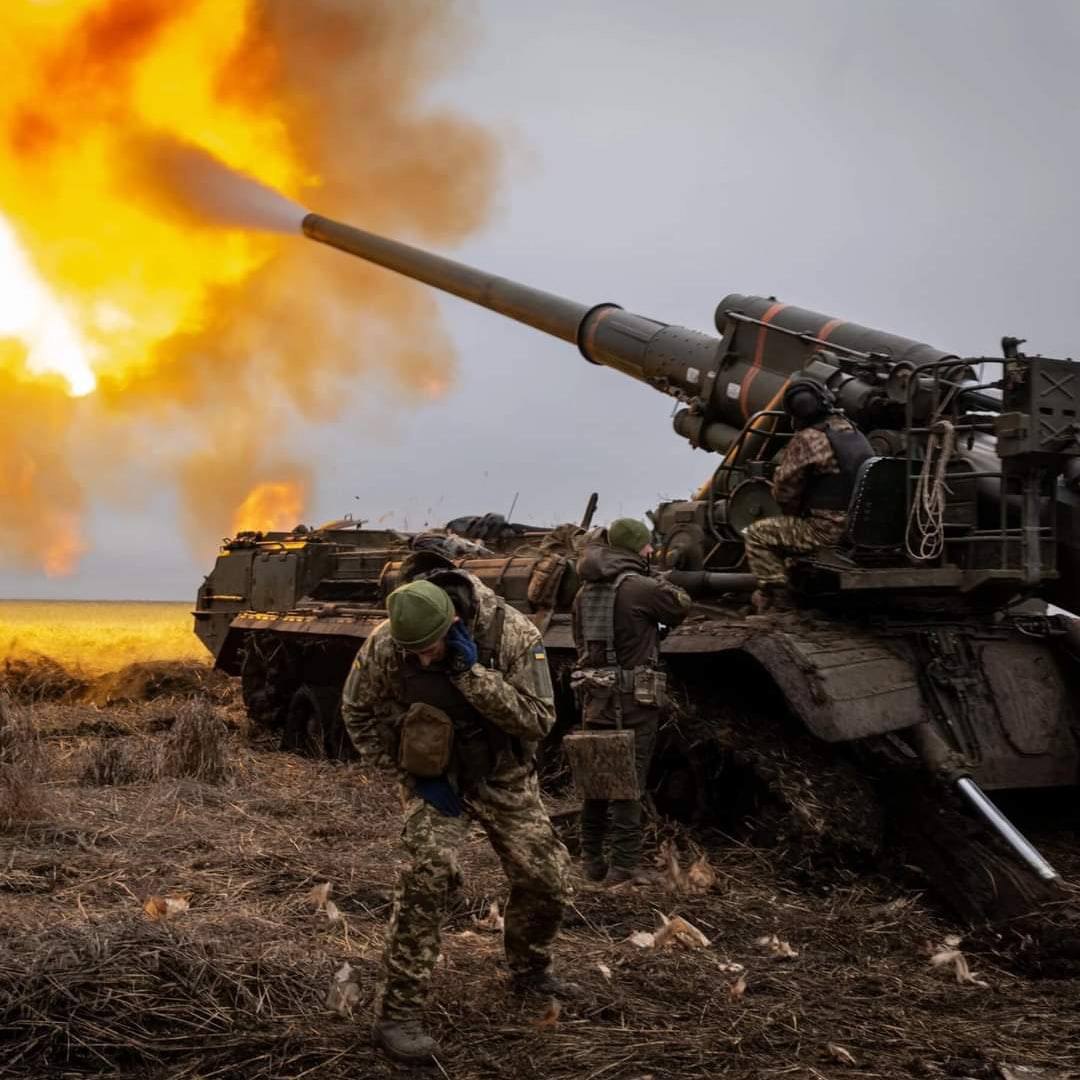
We started the conversation with the Vatican and the death of the Pope - is the Vatican's position in this war in line with historical traditions? Could we expect different rhetoric from the Roman Catholic Church during this war?
We could, but we did not. One lesson of the First and Second World Wars is that the Catholic Church took a timid stance. The Vatican did not dare to call evil evil. We know the Pope's position in the last century on Hitler and we know it now on Putin.
I do not believe that the late Francis was a bad pope, he was a good pope from the point of view of the Catholic Church, but the inability to call evil evil, the devil the devil is striking.
One of the main problems is that the Vatican is not just a church, but a state, and this shows how dangerous the connection between religion and the state is. The state then has its own interests, and they are not Christian.
Which historical character does Trump remind you of in terms of character, psychotype, and manner of expression? Is the returning Trump different from the one in his first term?
You will be surprised - Nero. It's an old Roman story, and it could end up being very similar.







